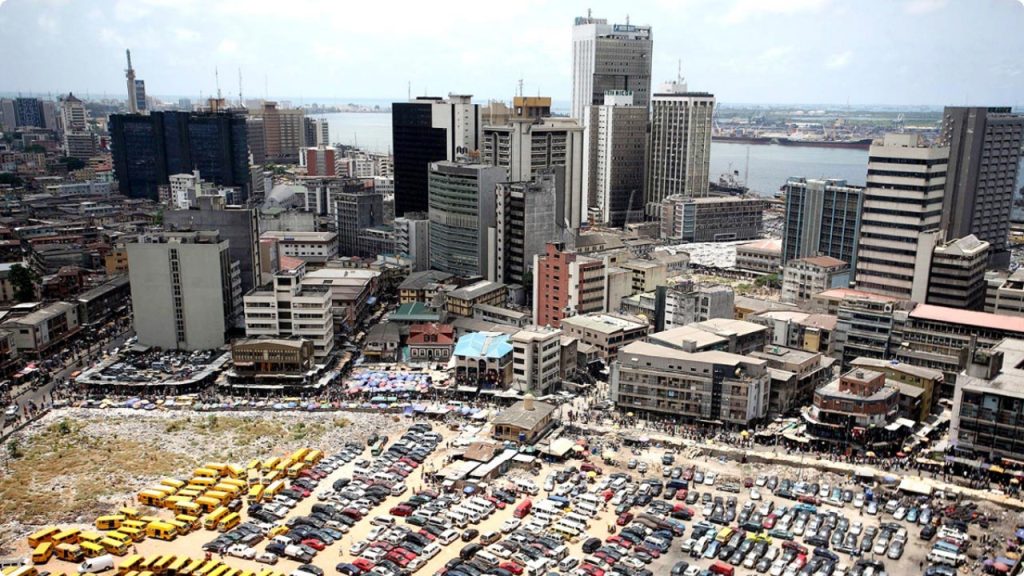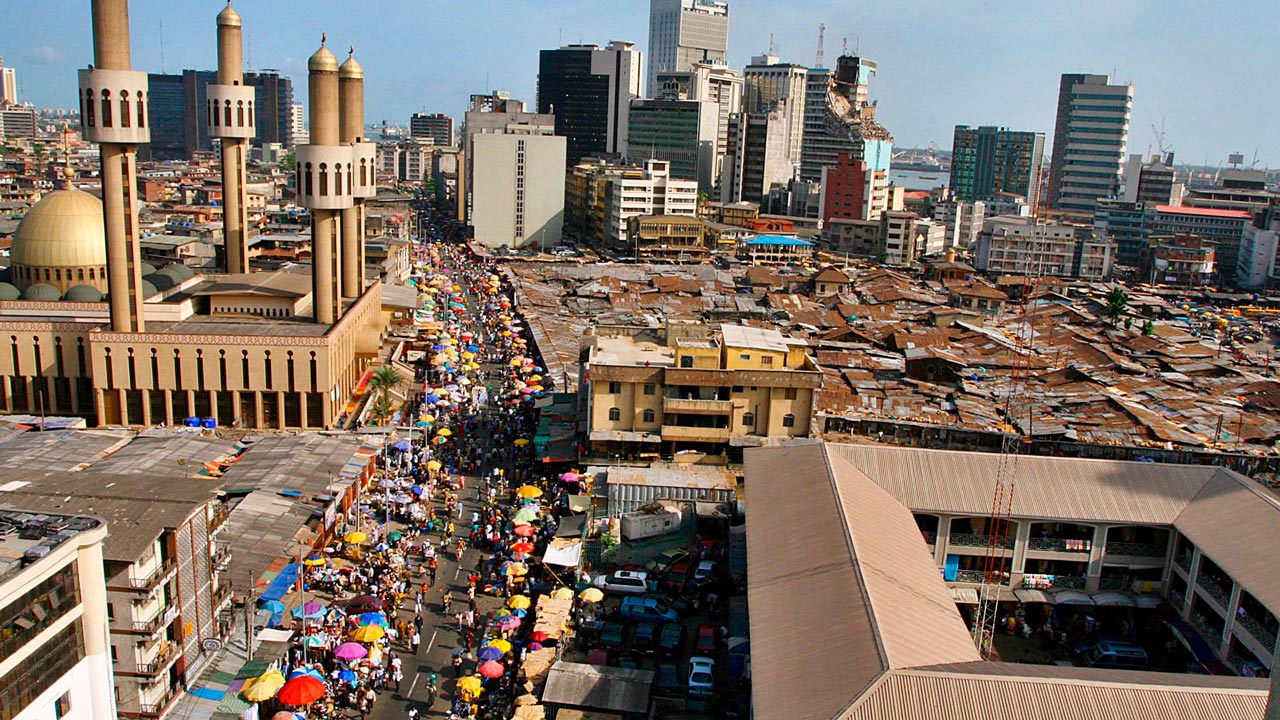Nigeria’s economy recorded its strongest growth in a decade last year, driven by significant government reforms, according to a new World Bank report. However, the Bank cautioned that inflation remains persistently high, continuing to erode household incomes.
In its latest Nigeria Development Update, published Monday in Abuja, the World Bank revealed that the country’s real GDP rose by 4.6 percent year-on-year in the final quarter of 2024, pushing overall annual growth to 3.4 percent. This marks the fastest pace of economic expansion since 2014, excluding the temporary rebound that followed the COVID-19 slump in 2021–2022.
The uptick in growth was attributed primarily to a recovering oil and gas sector and robust performance in the technology and financial services industries. However, the agriculture sector lagged behind, posting a growth rate of just 1.2 percent in 2024. The Bank cited persistent insecurity in Nigeria’s Middle Belt — a key farming region — alongside high input costs, as key factors hampering agricultural output.

Looking ahead, the World Bank projects a modest improvement in growth, forecasting a 3.7 percent expansion for 2025. Nevertheless, it warned that inflation, described as “high and sticky”, will continue to burden the economy. The average inflation rate is expected to fall slightly to 22.1 percent in 2025.
Taimur Samad, the acting World Bank country director for Nigeria, commended recent reform efforts, saying: “Nigeria has made impressive strides to restore macroeconomic stability.” Since taking office in May 2023, President Bola Ahmed Tinubu has implemented sweeping economic reforms aimed at restructuring public finances in Africa’s most populous nation.
Among these reforms are the removal of longstanding fuel subsidies and the liberalisation of the naira exchange rate, both of which have been endorsed by global financial institutions. Yet, these changes have sparked widespread hardship, fuelling a severe cost-of-living crisis that has left many Nigerians struggling to cope.
The World Bank noted that nearly half of the country’s population was living in poverty in 2024, with soaring inflation and stagnant wages diminishing purchasing power, particularly in urban areas. “Labour incomes have not kept pace with inflation,” the report said. “Poverty has deepened and broadened, especially among urban Nigerians.”
Echoing similar concerns, the International Monetary Fund (IMF) said last month that while the government’s reforms are significant, their benefits have yet to be felt by the average citizen.


 Trending
Trending 